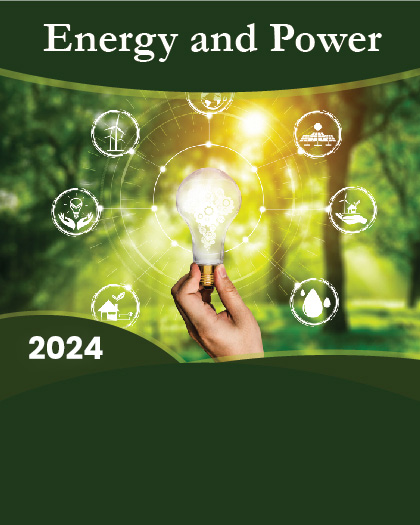
Electrical House (E-House), also called Power House, is a prefabricated walk-in modular outdoor enclosure to house a medium voltage (MV) and low voltage (LV) switchgear as well as auxiliary equipment. It can be skid or wheel mounted and is ready to operate in the field with minimum installation, commissioning and start up time - as an alternative to traditional on-site building construction (concrete block, brick construction or similar).
The e-house market has developed for decades and now it has developed maturely in the world, especially in Europe, North America, South America and Australia.
Currently the global e-house market is dominated by few players like ABB, Schneider Electric, Siemens, Eaton and General Electric etc. these players play important roles around the world. Other players Zest WEG Group, Powell Industries, Unit Electrical Engineering (UEE), Electroinnova, Liaoning new automation control group and TGOOD, these players mainly focus on regional market.
The producers of e-house produce and assemble the e-house in their own plants or their partners' plants, and then transport and install the e-house products around the world.
In terms of the end uses, Oil & Gas, and Mineral, Mine & Metal are occupying for over 60% market share, driven by the demand from Australia, Brazil, Africa, Middle East and Southeast Asia etc. Power Utilities and Railways are growing fast and driven by market demand from Europe, North America, China, Southeast Asia, India and Middle East etc.
According to this study, over the next five years the Electrical House (E-House) market will register a xx% CAGR in terms of revenue, the global market size will reach USD xx million by 2024, from USD xx million in 2019. In particular, this report presents the global market share (sales and revenue) of key companies in Electrical House (E-House) business, shared in Chapter 3.
This report presents a comprehensive overview, market shares, and growth opportunities of Electrical House (E-House) market by product type, application, key manufacturers and key regions and countries.
This study considers the Electrical House (E-House) value and volume generated from the sales of the following segments:
Segmentation by product type: breakdown data from 2014 to 2019, in Section 2.3; and forecast to 2024 in section 11.7.
Low Voltage E-House?
Medium Voltage E-House
Segmentation by application: breakdown data from 2014 to 2019, in Section 2.4; and forecast to 2024 in section 11.8.
Oil & Gas
Mineral, Mine & Metal
Power Utilities
Railways
Marine
This report also splits the market by region: Breakdown data in Chapter 4, 5, 6, 7 and 8.
Americas
United States
Canada
Mexico
Brazil
APAC
China
Japan
Korea
Southeast Asia
India
Australia
Europe
Germany
France
UK
Italy
Russia
Spain
Middle East & Africa
Egypt
South Africa
Israel
Turkey
GCC Countries
The report also presents the market competition landscape and a corresponding detailed analysis of the major vendor/manufacturers in the market. The key manufacturers covered in this report: Breakdown data in in Chapter 3.
ABB
Schneider Electric
Siemens
Eaton
General Electric
Zest WEG Group
Powell Industries
Unit Electrical Engineering (UEE)
Electroinnova
Liaoning new automation control group
TGOOD
In addition, this report discusses the key drivers influencing market growth, opportunities, the challenges and the risks faced by key manufacturers and the market as a whole. It also analyzes key emerging trends and their impact on present and future development.
Research objectives
To study and analyze the global Electrical House (E-House) consumption (value & volume) by key regions/countries, product type and application, history data from 2014 to 2018, and forecast to 2024.
To understand the structure of Electrical House (E-House) market by identifying its various subsegments.
Focuses on the key global Electrical House (E-House) manufacturers, to define, describe and analyze the sales volume, value, market share, market competition landscape, SWOT analysis and development plans in next few years.
To analyze the Electrical House (E-House) with respect to individual growth trends, future prospects, and their contribution to the total market.
To share detailed information about the key factors influencing the growth of the market (growth potential, opportunities, drivers, industry-specific challenges and risks).
To project the consumption of Electrical House (E-House) submarkets, with respect to key regions (along with their respective key countries).
To analyze competitive developments such as expansions, agreements, new product launches, and acquisitions in the market.
To strategically profile the key players and comprehensively analyze their growth strategies.
























